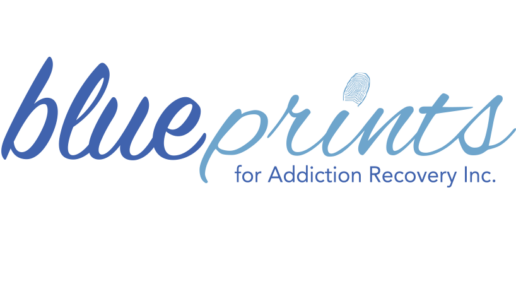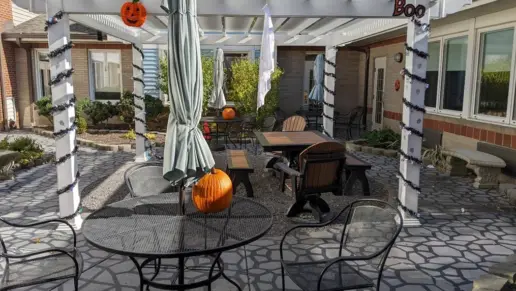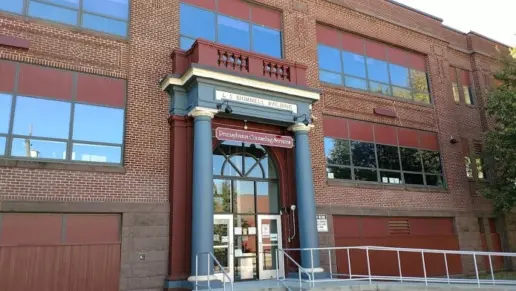About Abraxas Non Residential Treatment – NTR
The Non-Residential Treatment (NRT) Program is designed to maximize each juvenile’s chance for success in his or her community by providing intensive, in home and community based treatment services.
At Abraxas Non-Residential Treatment their specialties are Individual Counseling, Group Counseling, and Family Counseling. The program recognizes that the families of the youth are the key to their success. And, it is designed to not only support the parent / guardian but also to resolve youth and family issues together.
They also offer additional services such as Behavior Contracting, Saturday Adjustment Group, Electronic Monitoring, Drug screens, Employment Assistance, Community Service, Transportation to and from program activities and other related appointments, and Curfew monitoring (7 days a week).
The NRT Program will devote attention to making positive connections between the juvenile and the community, increasing competencies, and protecting the public. To meet this on-going challenge, the staff working for the NRT Program are dedicated to operationalizing the Balanced and Restorative Justice Model.
Rehab Score
Addiction Treatments
Levels of Care
Treatments
Mental health rehabs focus on helping individuals recover from mental illnesses like bipolar disorder, clinical depression, anxiety disorders, schizophrenia, and more. Mental health professionals at these facilities are trained to understand and treat mental health issues, both in individual and group settings.
Programs

Clinical Services
Cognitive Behavioral Therapy (CBT) is a therapy modality that focuses on the relationship between one's thoughts, feelings, and behaviors. It is used to establish and allow for healthy responses to thoughts and feelings (instead of unhealthy responses, like using drugs or alcohol). CBT has been proven effective for recovering addicts of all kinds, and is used to strengthen a patient's own self-awareness and ability to self-regulate. CBT allows individuals to monitor their own emotional state, become more adept at communicating with others, and manage stress without needing to engage in substance abuse.
Research clearly demonstrates that recovery is far more successful and sustainable when loved ones like family members participate in rehab and substance abuse treatment. Genetic factors may be at play when it comes to drug and alcohol addiction, as well as mental health issues. Family dynamics often play a critical role in addiction triggers, and if properly educated, family members can be a strong source of support when it comes to rehabilitation.
Group therapy is any therapeutic work that happens in a group (not one-on-one). There are a number of different group therapy modalities, including support groups, experiential therapy, psycho-education, and more. Group therapy involves treatment as well as processing interaction between group members.
In individual therapy, a patient meets one-on-one with a trained psychologist or counselor. Therapy is a pivotal part of effective substance abuse treatment, as it often covers root causes of addiction, including challenges faced by the patient in their social, family, and work/school life.
Life skills trainings involve all the skills a person must have in order to function successfully in the world. These include time management, career guidance, money management, and effective communication. Truly successful addiction recovery is based on the ability to not only live substance-free, but to thrive. Life skills teaches the practical necessities of functioning in society, which sets clients up for success in life, and therefore sobriety.
Amenities
-
Residential Setting
-
Private Setting
-
Lakeside
-
Private Transportation
Contact Information
#2717 N. Front Street
Harrisburg, PA 17110


